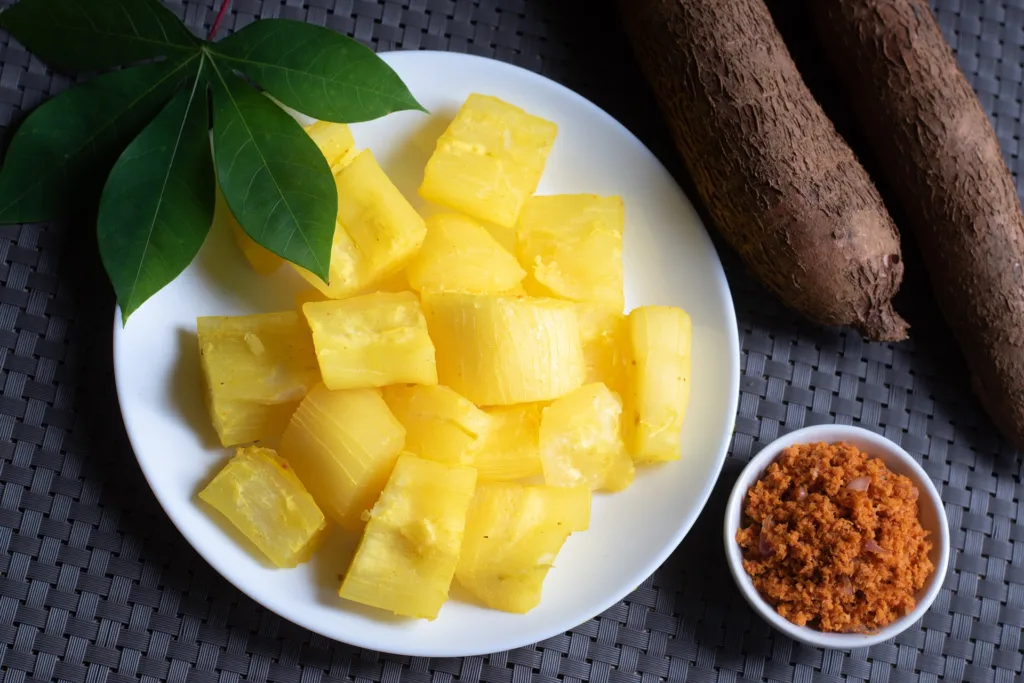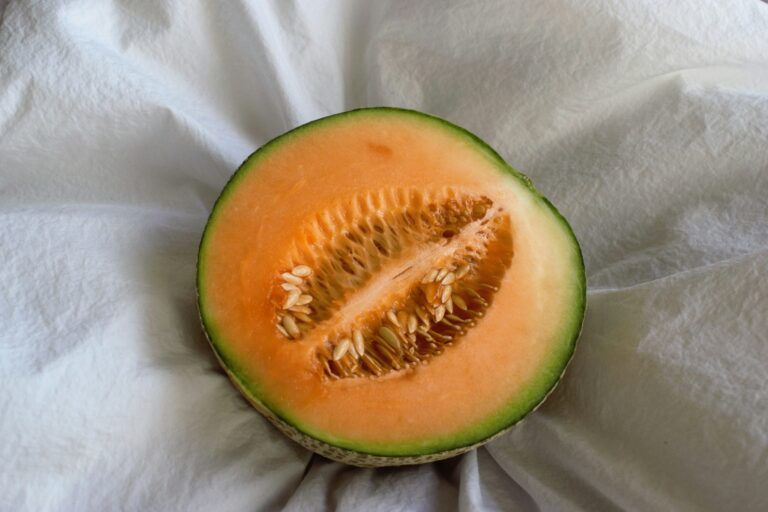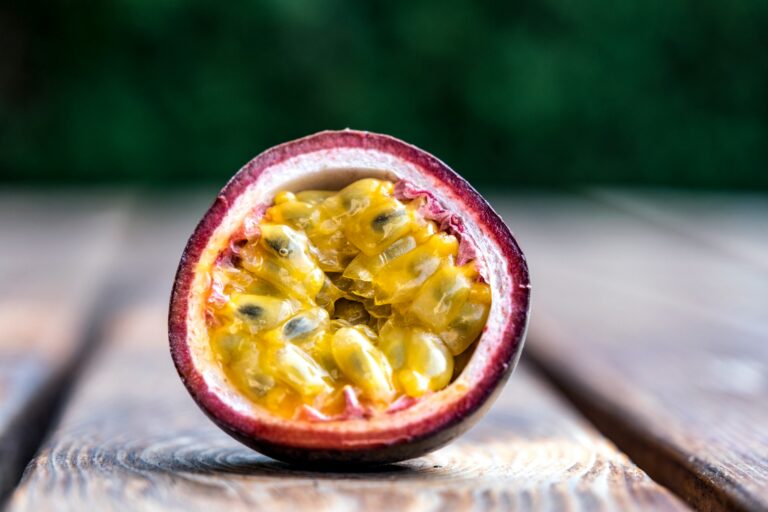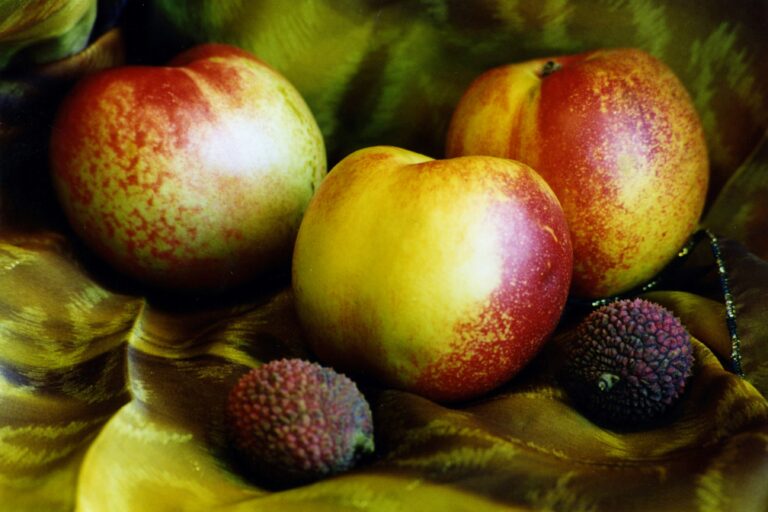The scientific name of tapioca is Manihot esculenta and belongs to the family Spurges. Tapioca is also known as Cassava. Cassava is called maracheeni in Malayalam and Cassava also. Tapioca is a starch extracted from the tuberous roots of cassava plants known as manioc.
Tapioca is native to South America. It is relatively easy to grow in several countries in Africa and Asia. This starchy plant is grown and harvested throughout Brazil, its popularity continues to grow within the culinary world. Tapioca tea was born in Taiwan in the 1980s. Originally, it was consumed as milk tea, and it became popular as it was recognized as a national drink in the 1990s. Afterward, it became Widespread around the world.
Size: 1 mm to 8 mm
Shape: Small balls, pearl-shaped
Color: White-colored, brown colored
Flavor: Mild starch flavor, but does not have its own
Nutrients
Tapioca starch contains no fat or cholesterol. Contains calories, proteins, calcium, and fiber. These nutrients have many health benefits and prevent you from many diseases. These are the following nutrients contained in 100 grams of tapioca.
- Calories 330
- Proteins 2.8 g
- Carbohydrates 78.4 g
- Fiber 3.7 g
- Calcium 33.0 mg
- Magnesium 43.0 mg
- Potassium 558. mg
- Vitamin C 42.4 mg
| How to grow Tapioca? |
Healthy Benefits of Tapioca
Like other plant foods, tapioca is also considered healthy food. Tapioca has been linking reduced many chronic diseases as gentle on the stomach. Tapioca has many other health benefits.
Suitable for restricted diets
Many people are allergic or intolerant to wheat, grains, and gluten. Tapioca is naturally free of grains and gluten, it may be a suitable replacement for wheat or corn-based product, ts. However, you may want to combine it with other flours such as almonds flour or coconut flour to increase the number of nutrients
Lower sugar level
Tapioca may also lower blood sugar levels after meals, improve glucose and insulin metabolism and increase fullness. It will help to maintain metabolic health.
Support weight gain
People can also add tapioca to other dishes to increase their carbohydrates and calorie content
Easy to digest
Doctors may recommend tapioca as a suitable source of calories for people with conditions such as irritable bowel syndrome IBS and diverticulitis that could cause flares of digestive symptoms
Source of Calcium
Calcium is vital for strong bones and teeth. It also supports a range of other bodily functions, including;
- Blood clotting
- Communication between nerves
- Contraction and dilation in the blood vessels and muscles
One cup of tapioca pearls provides 30.4 milligrams (mg) of calcium
Low in sodium
Dietary salt does not just refer to the salt that people sprinkle on their snacks and meals. A high sodium diet has links to high blood pressure, heart disease, and stroke. Tapioca provides only 1.5 mg of sodium in one cup of serving.
Source of iron
Tapioca is a good source of iron. One cup of tapioca pearls provides 2.4 milligrams of the daily recommended value, tapioca is best to consume alongside Vitamin C sources. These resources increase the amount of iron that the body absorbs. Iron is an essential component of hemoglobin, a protein that carries oxygen to all parts of the body. Lack of iron in blood may cause anemia in humans, a person does not have enough healthy red blood cells. The carrying capacity of oxygen to body tissues may disturb.
Free of common allergens
Tapioca is free of gluten, nuts, and grains, so it will not cause a reaction in people with celiac disease. The manufacturer of many gluten-free products uses tapioca flour in the production process. Tapioca is quite beneficial for allergen-free like milk, soy, wheat, fish, egg, and peanuts at home. Tapioca flour serves as an alternative to white flour for thickening soups, sauces, and pie fillings.
Side Effects of Tapioca
- Few reported disadvantages of tapioca might be reported. One of the disadvantages of tapioca is that it consists mainly of carbohydrates. This means that people with diabetes should limit their consumption of food containing tapioca
- Also a concentrated source of calories. This may hinder some people’s weight loss since it is high in calories yet, low in nutrients.
- Consuming poorly prepared cassava or tapioca may lead to cyanide poisoning. This concern mainly affects people in developing countries.
FAQ
Is tapioca healthy?
No fat or cholesterol can be found in tapioca starch. It is also regarded as a nutritious food. Tapioca has been linking reduced many chronic diseases as gentle on the stomach.
What is tapioca called in India?
In Indian English, cassava is known as tapioca.






